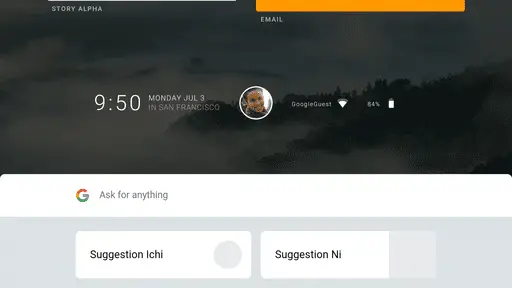Google quietly develops Fuchsia as a successor to Android

Google’s quietly developed operating system Fuchsia may replace Android and Chrome OS within five years. However, according to CNBC, Google did not have a five-year plan. According to reports, Google CEO Sundar Pichai and Hiroshi Lockiheimer, head of Android and Chrome business, have not approved any “roadmap.” Google issued a short statement saying that Fuchsia was only one of the company’s many experimental open source projects, but declined to comment further.

Bloomberg learned from sources that the Fuchsia team had an ambitious plan to create an operating system (such as Pixel phones and smart speakers) that could run all of the company’s internal devices. The Fuchsia team’s engineers believe that they can start with small goals, let the Fuchsia system land on smart home devices such as Google Home smart speakers within three years, then enter the notebook, and finally the mobile phone. But Google has not confirmed when this technology might come out.
This may be Google’s way of creating a unified operating system for mobile phones, tablets and PCs that the company has been trying to do for the past many years; it’s also possible to avoid prosecution in the future. Because Fuchsia is a zero-based project, using its kernel, its base code is different from Android. Besides, Google can also solve the fragmentation problem of Android system (that is, users can’t expect Android phones to have the same function). This problem has plagued Google for many years.
But for Google, abandoning Android is not easy. According to a source, Bloomberg revealed that Google might not be so serious about this idea. The source said that this is a “project to retain senior engineers”, designed to allow Google’s talents to do something so that they will not leave the company to switch to Google’s competitors.
Source: Bloomberg





